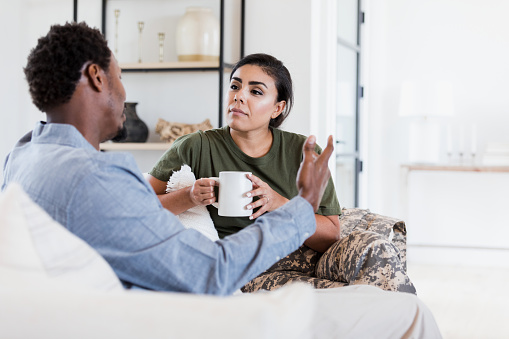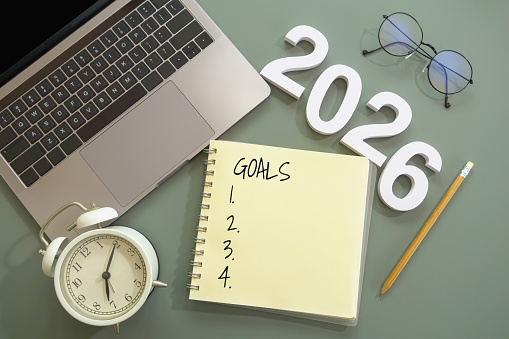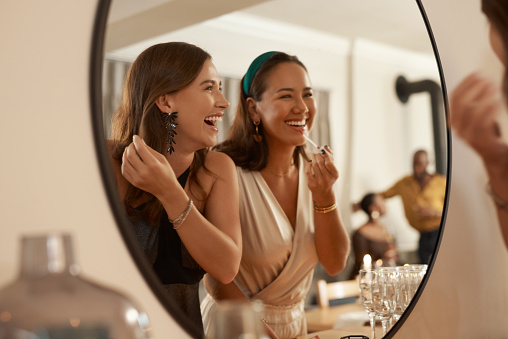-
How You Can Support Your Partner on Their Hearing Treatment Journey
A strong relationship has thousands of tiny moments that illustrate how you each care for the other. Whether you’re helping your partner during a job hunt, celebrating their 40th birthday with a massive bash at…
-
Tinnitus Relief With Sound Lounge
Using advanced Sensory Lounge™ technology, the Sound Lounge provides safe, noninvasive vibroacoustic therapy to calm your nervous system. During a Sound Lounge session, therapeutic sound waves are delivered through headphones and a specialized sound bed,…
-
Heart Health Is Ear-risistible
Valentine’s Day is around the corner, so chances are you may be thinking about relationships. Though did you know there is an important partnership within the body that helps keep your heart and hearing happy?…
-
Happiness From Hearing Devices
A study conducted by the Better Hearing Institute (BHI) supplies overwhelming data about how much of a positive impact hearing devices can have on quality of life. What the Study Found The study surveyed more…
-
Adjusting To Hearing Aids: Tips for a Smooth Transition
When you buy a new pair of shoes, it often takes a little time for them to feel just right. Hearing aids are much the same. After you leave our clinic with your new devices,…
-
How Do Hearing Aids Make Communication Easier?
Most of us spend at least a little bit of time interacting with other people every day. Whether you’re texting your spouse, speaking up in a workplace strategy session or meeting a friend for coffee…
-
Can Cold Air and Water Affect Your Hearing?
Hearing loss has several causes, and in some cases, it can be prevented. What many people don’t know is that cold air and water can contribute to hearing loss. Exostosis, commonly known as “surfer’s ear,”…
-
New Year, New Hearing, New You!
When a new year begins, many of us set resolutions to live healthier and feel happier. If these goals resonate with you, there’s an ideal way for you to accomplish both of them: Improve your…
-
Make Healthy Ears Your Number One New Year’s Resolution
New Year’s resolutions often fall into the category of health and wellness. Many people want to work a few extra visits to Northland Fitness into their week, start meditating, eat more vegetables or get at…
-
Getting Holiday Party-Ready Without Harming Your Hearing Aids
The holiday season brings plenty of opportunities to celebrate, from office parties at Carmen’s Bar & Restaurant to family gatherings at home. Getting ready for these special moments often means styling your hair, choosing the…




